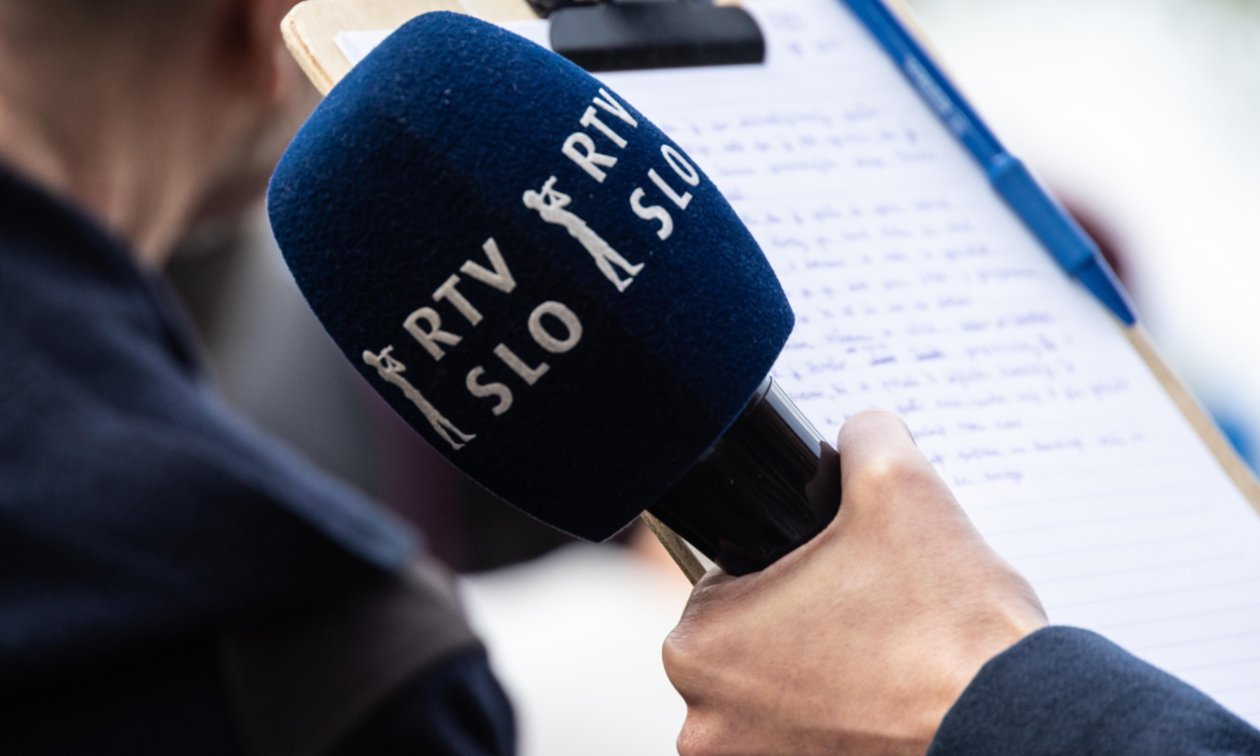Slovenia's quality press is struggling to stay afloat financially, but the times when it was subject to problematic influence by the political leadership seem to be over. And new online players could boost media diversity.

Slovenia's quality press is struggling to stay afloat financially, but the times when it was subject to problematic influence by the political leadership seem to be over. And new online players could boost media diversity.
